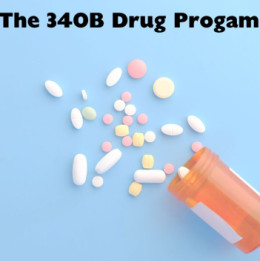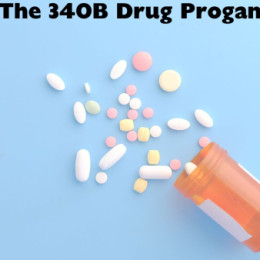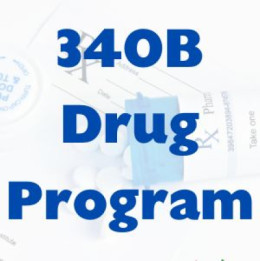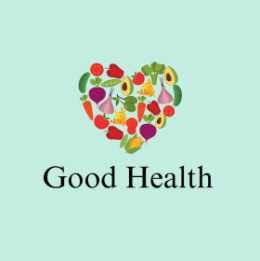Posted On: February 3, 2020 by Community HealthCare System in: Community health news
Doing the right things to stay healthy isn’t easy. At least that’s what we tell ourselves when we become overwhelmed with information about what to eat, how much to exercise, and what is and isn’t good for us.
But if you are making a few small changes, it can make a big difference in avoiding or decreasing high blood pressure, and thus protecting your heart. Holly Schmitz, registered dietitian at Community HealthCare System, said you should pause to consider what you are doing well.
"Focus on what you're doing right, and then improve that effort or start working on another one. Making changes takes time and dedication. The important thing is that you try," Schmitz said.
When you go to the grocery store, you are probably already limiting highly processed foods. When you purchased canned goods, are you choosing items with lower sodium or no salt added? If so, you have already taken an important step. When you are in that habit, start examining nutrition labels more closely and aim to purchase foods with less than 140 mg of sodium per serving.
Whether you’re cooking at home or eating out, you have probably already made an effort to add more fresh fruits and vegetables to your diet. Now you can start thinking about making sure you are eating some foods that are high in potassium, which helps relax blood vessel walls and lower blood pressure. Quite a few options are available: bananas, oranges, cantaloupe, honeydew, apricots, grapefruit, cooked spinach, broccoli, potatoes with skin, sweet potatoes, raisins, white beans, avocado, low-fat milk, tuna, and cod. Note that people with kidney issues may need to watch potassium intake. The recommendation for healthy adults is 4,700 milligrams per day. One medium banana typically contains 422 milligrams of potassium.
If you have already started to look for whole grains such as wheat bread to replace white, move on to limiting foods that are high in saturated fats such as butter, cookies, cakes, fatty red meats, poultry skin, whole-fat dairy, and cheeses. Make your changes incrementally by reducing your portions of these items rather than attempting to eliminate them all right away.
If you are skipping the salt shaker at the table, next try leaving salt out of recipes when you cook or using different spice mixes.
“Try adding flavor with garlic or onion powder, cinnamon, or sodium-free spice mixes that you purchase or make yourself. Several brands are available, including Mrs. Dash, McCormick Perfect Pinch Salt Free Garlic & Herb Seasoning, Lawry's Salt-Free 17 Seasoning, and more,” Schmitz said.
Lemon juice, vinegar, and fresh or dried herbs can also add flavor, and pepper, cayenne pepper, or red pepper flakes can add spice without increasing sodium.
Small changes can also add up to big results in terms of exercise. Are you already walking your dog every day? Go a little farther. Are you heading to a fitness center or using a treadmill or bike at home? Add five more minutes to your time.
“Adding a little more exercise can help you feel better and can end up helping your blood pressure and overall heart health,” said Nancy Willert, registered nurse and education coordinator at Community HealthCare System.
Other keys to avoiding hypertension are limiting alcohol intake to no more than two drinks per day for men and one per day for women and avoiding tobacco use, including smoking and vaping.
Willert says pausing to reward yourself for progress is key to continued success. “Take time to recognize your efforts and successes, and then you are more likely to keep improving. In February, we celebrate American Heart Month, and we talk about love, but it’s important to love yourself,” Willert said.










0 comments